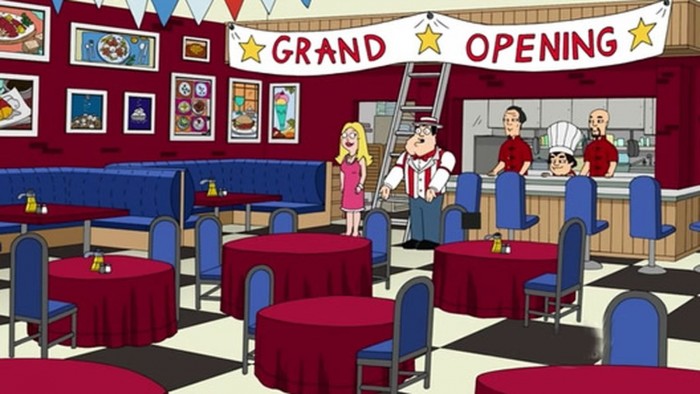Restaurants: The Going Gets Tough…

The current situation:
- Fulham Shore is the latest in a long list of casual dining casualties, and these are just the ones we hear about.
- Richoux, Tasty, Comptoir, and Restaurant Group have all issued profit warnings. There are likely more to come.
- Add to that share price weakness from Marstons, Greene King, Domino’s Pizza, Mitchells & Butlers, Whitbread, and, before being bid for, Revolution Bar Group.
- It’s fair to say the dining and drinking out market is not in fashion at the moment. Why might that be the case?
How did we get here #1: Oversupply
- Structural oversupply is no secret. Most operators are hardwired to expand and there has been too much new supply in the UK for many years now.
- When this is the case there is no timely braking mechanism. There is just the crash, and then the shakeout as the market adjusts to a sustainable trajectory.
- The US is well advanced on this path. Middling operators have been contracting and sales declining for multiple quarters as observed by NRN.
How did we get here #2: Cash-strapped customers
- The dining out sector has enjoyed like-for-like growth in excess of wage growth in recent times — this has likely been funded by consumer credit.
- The Bank of England has warned about dangerous levels of household debt. While growth here is moderating, it is still c+10% year-on-year.
- Consumers might feel even less wealthy should house prices soften, as they have in parts of London.
Winners/losers?
- Consumers still respond to operators who provide a memorable experience for an affordable price.
- There is too much restaurant space. After years of having it their own way, landlords will now struggle to tempt in quality operators.
- As such, operators canny enough to haggle on leases will likely prosper. Conversely, those who have rushed into rip-off leases might be approaching their emperor-has-no-clothes moment.
